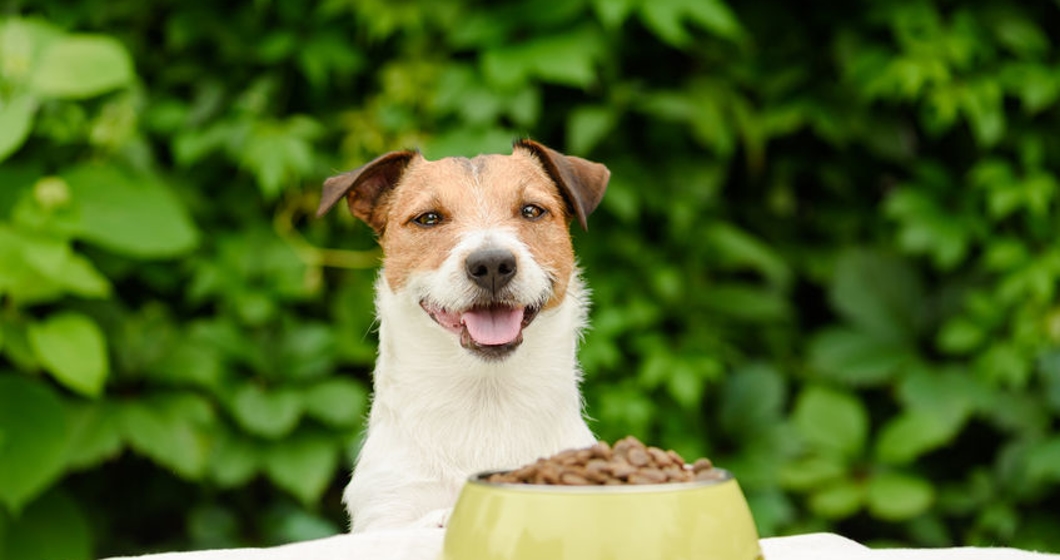As a responsible pet owner in Denver, you may be concerned about the impact of pet waste on the environment. But have you ever considered the role of dog food choice in managing your dog's waste? In this blog post, we will explore the connection between dog food and pet waste, highlighting how your choice of dog food can affect the waste produced by your furry companion. Let's dive in and discover the importance of dog food selection for a cleaner and greener Denver.
Nutritional value and digestibility
The quality and composition of your dog's food directly influence their digestion and waste production. Opt for high-quality dog food that provides balanced nutrition and is easily digestible. When dogs consume food with higher nutritional value, their bodies absorb more of the nutrients, resulting in less waste. Look for dog food options that contain high-quality protein sources, digestible carbohydrates, and limited fillers or artificial additives.
Portion control and feeding guidelines
Proper portion control is essential not only for your dog's health but also for managing waste. Follow the feeding guidelines provided by the dog food manufacturer based on your dog's weight, age, and activity level. Overfeeding can lead to excessive waste production, while underfeeding may result in loose stools or inconsistent elimination patterns. Maintaining the right portion size helps optimize digestion, ensuring more manageable and consistent pet waste.
Ingredient quality and fiber content
Check the ingredient list on your dog food packaging and prioritize natural, wholesome ingredients. Foods rich in fiber, such as whole grains, vegetables, and fruits, promote healthy digestion and can help regulate bowel movements. Adequate fiber content aids in firming up stools, making them easier to pick up and dispose of. Avoid dog foods with excessive amounts of artificial preservatives, flavors, or fillers, as these may contribute to loose stools and increased waste volume.
Allergies and sensitivities
Some dogs may have food allergies or sensitivities that can impact their digestion and waste production. If you suspect your dog has food-related allergies or sensitivities, consult with your veterinarian to identify potential triggers. Switching to a hypoallergenic or limited-ingredient diet can help manage digestive issues, reduce waste volume, and improve the consistency of your dog's stools. By addressing dietary sensitivities, you can contribute to a cleaner environment by reducing the potential for loose or problematic waste.
Odor control
The type of dog food your furry friend consumes can affect the odor of their waste. Low-quality dog foods with fillers and artificial additives may produce waste with a stronger and more unpleasant odor. On the other hand, high-quality dog foods made with natural ingredients and balanced nutrition can help reduce waste odor. By choosing a nutritious dog food, you can make your dog's waste less offensive, creating a more pleasant environment for both you and your neighbors.
Environmental impact
The ingredients in dog food can have a direct impact on the environment. Some dog foods contain ingredients derived from unsustainable sources, such as unsustainable fish or deforestation-linked grains. By choosing dog foods that prioritize sustainable and ethically sourced ingredients, you can help reduce the environmental footprint associated with your pet's diet. Opting for dog foods made with organic, locally sourced, or eco-friendly ingredients promotes responsible consumption and supports companies that prioritize sustainability.
Regular monitoring and adjustments
It's important to monitor your dog's waste regularly to assess its quality and consistency. Healthy, well-formed stools are an indication of a balanced diet and proper digestion. If you notice any sudden changes in your dog's waste, such as loose stools or diarrhea, it may be a sign of an issue with their current food. Consult with your veterinarian to determine if a diet adjustment is necessary to improve waste quality and maintain your pet's overall health.
DoodyCalls understands the importance of keeping Denver clean and environmentally friendly. Our professional pet waste removal services make it easier for you to maintain a waste-free yard at your home or at your apartment complex and contribute to a healthier community. Visit here to learn more about how DoodyCalls can help you manage pet waste responsibly and conveniently in Denver. We get shit done by doing the ordinary things exceptionally well!
The choice of dog food plays a significant role in managing pet waste responsibly. By selecting high-quality and easily digestible options, controlling portions, and considering ingredient quality and fiber content you can contribute to a cleaner and greener Denver.


